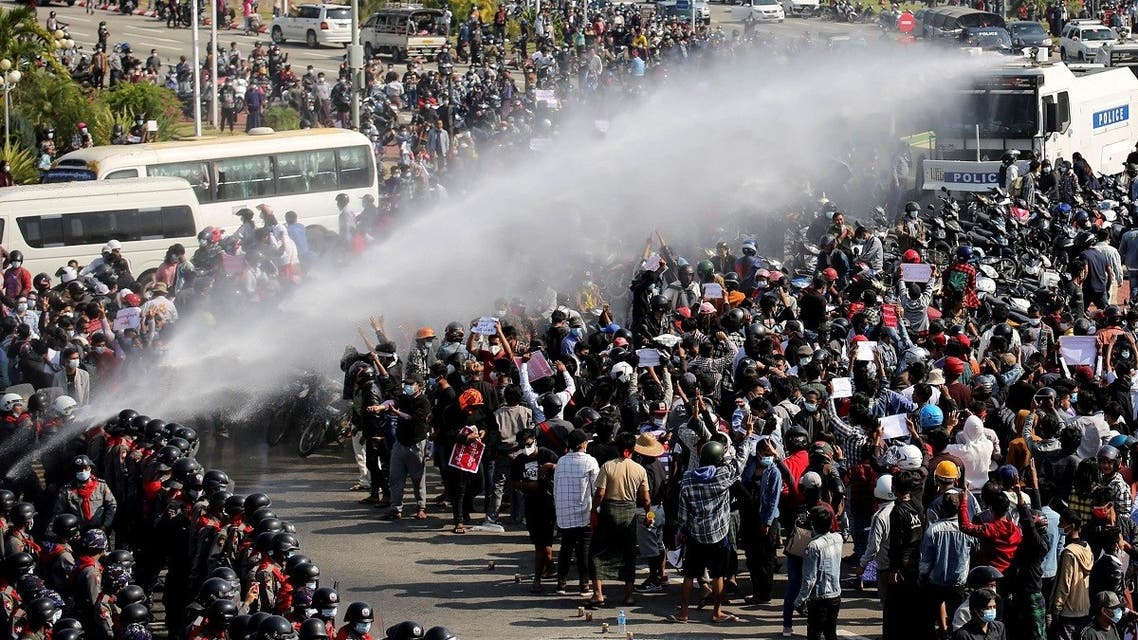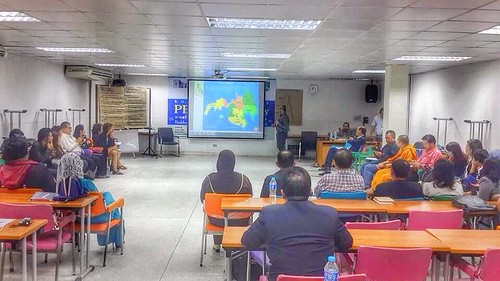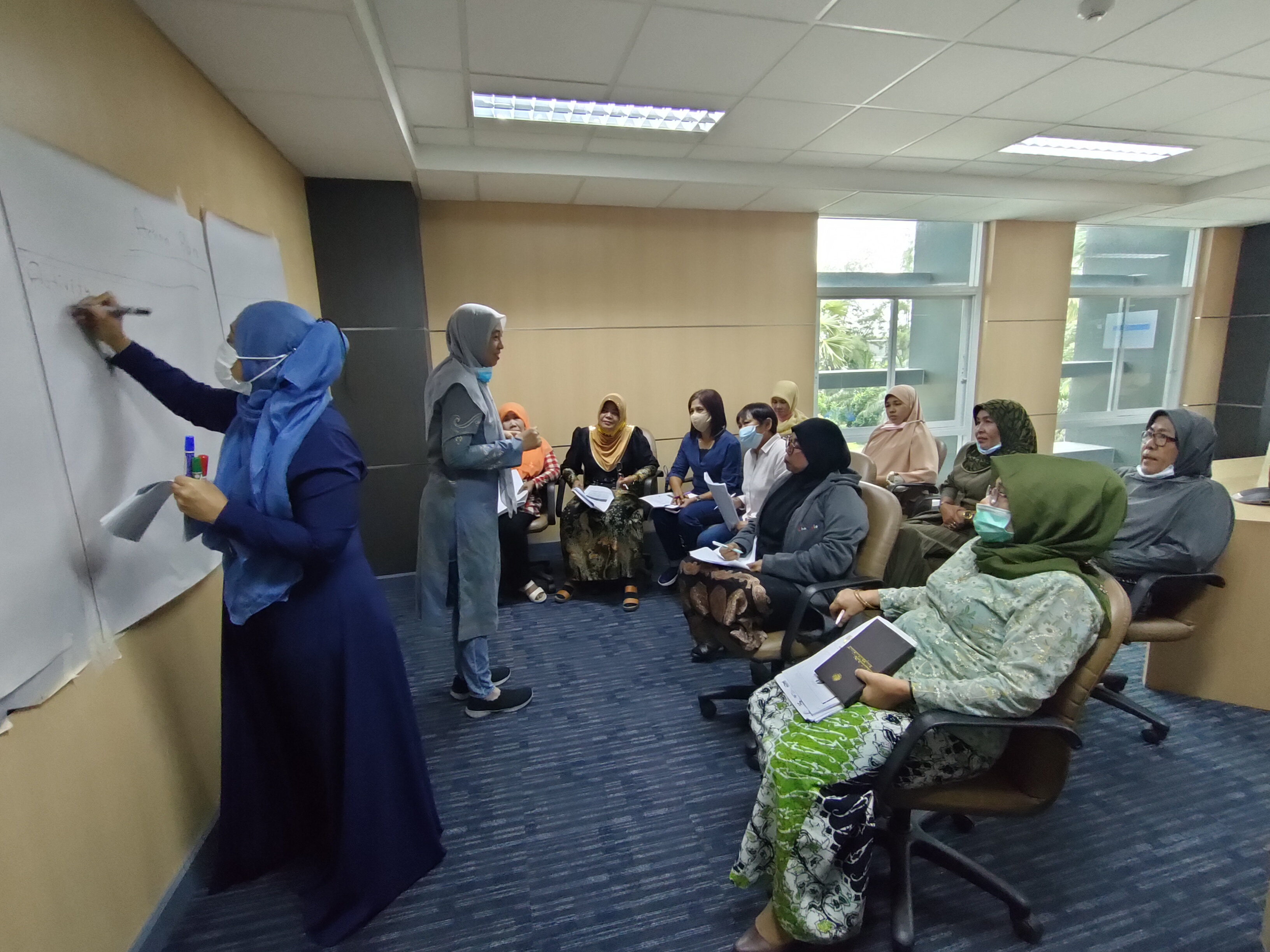Peace Across Borders: Nonviolent Peaceforce in Myanmar and Thailand
Amid the “triple impact of poverty, the current political unrest and economic crisis”, coupled with the rapidly spreading third wave of COVID-19, that is “practically like a tsunami that’s hit this country”, the people of Myanmar are “experiencing the most difficult moment in their lives”, WFP Myanmar Country Director Stephen Anderson said, from Nay Pyi Taw. | UN News | Aug 6, 2021
 © UNICEF/Nyan Zay Htet | COVID-19 test kits arrive at Yangon airport in Myanmar in June 2020.
© UNICEF/Nyan Zay Htet | COVID-19 test kits arrive at Yangon airport in Myanmar in June 2020.
Resiliency in Myanmar Admidst Crisis
As the situation in Myanmar continues to unfold, NP staff and our partners are faced with an urgent situation: the dangers of the pandemic surge, all during a military takeover.
Many of our partners and staff have lost relatives and friends to Covid. A number of them have contracted the disease but have fortunately recovered.
 Reuters | NayPyiTaw: police use a water cannon in an attempt to disperse thousands of protestors.
Reuters | NayPyiTaw: police use a water cannon in an attempt to disperse thousands of protestors.
Even while coping with illness and violence on the streets, many of our partners have kept working, demonstrating an incredible amount of resilience. Some of our staff have had to leave Myanmar during the pandemic and have not been able to return.
For that reason, we are working to establish a team in Thailand, so that we can keep supporting our team and partners in Myanmar at close distance as well as accelerate activities with groups in Thailand that we started a few years ago.
Building on Relationships in Thailand
Our work in Thailand began in 2015, when Nonviolent Peaceforce teamed up with Rotary Clubs of St. Paul, Minnesota and Khuanlang-Hatyai, Thailand to give three workshops on civilian engagement in peace processes for Rotarians in three Thai cities: Pattani, Hatyai and Bangkok. One hundred and fifty Rotarians and colleagues in their communities attended the interactive workshops. Shadab Mansoori, NP Myanmar Country Director at the time, and Atif Hameed, NP Philippines Country Director at the time, presented case studies of civilians involved in the peace process in their respective countries.
 NP | Thailand workshops on civilian engagement in peace processes for Rotarians, 2015
NP | Thailand workshops on civilian engagement in peace processes for Rotarians, 2015
From these workshops, our Thai relationships grew. In 2016, NP conducted an exploration in Southern Thailand to assess the situation and how NP could support the protection of civilians in the conflict-affected region. At the time, we found that NP’s grassroots approach could have a sustained impact. Our focus on building relationships and engaging with civil society groups, such as Deep South Watch, could help to mitigate inter-communal tensions and result in a greater security for civilians in vulnerable communities.
 NP | Women gather to share their experiences and lessons, 2021
NP | Women gather to share their experiences and lessons, 2021
Since then, we have continued building our relationships with organizations in Thailand. In 2021, NP collaborated with South Thailand’s Network of Civic Women for Peace and the Center for Southeast Asian Maritime States Studies to hold a series of online conversations to connect women from the Bangsamoro communities in Mindanao, Philippines and Southern Thailand.
Both groups of women live in some of the most conflict-affected areas in Southeast Asia. In the Bangsamoro Autonomous Region of the Philippines, thousands of people have been displaced as a result of decades-long conflict between the government and the Moro Islamic Liberation Front (MILF). Similarly, in Southern Thailand, civilians have experienced more than half a century of violence.
Though they are connected by their experiences, historically they have been isolated from each other and excluded from formal peace processes—until now. As a supporter of NP, you know that learning from each other is central to the work that we do. With these recent conversations, the groups of women from Mindanao and Southern Thailand have been able to exchange experiences, lessons, and good practices. Together, they are increasing women’s participation in peace processes and strengthening women’s agency in peace and security.
Additionally, NP published a baseline study capturing the role and participation of women in peace and security in Myanmar, Philippines, and Thailand. This study is one of the trailblazing outputs of NP’s Women Peace and Security (WPS) flagship program in the ASEAN region called Women-IMPACT or Women Creating Impact on Peacebuilding and Conflict Transformation.
Thank You for Your Continued Support of Peace Across Borders
Thank you for your continued support. We look forward to providing you with more updates as we increase our regional work in Southeast Asia.
